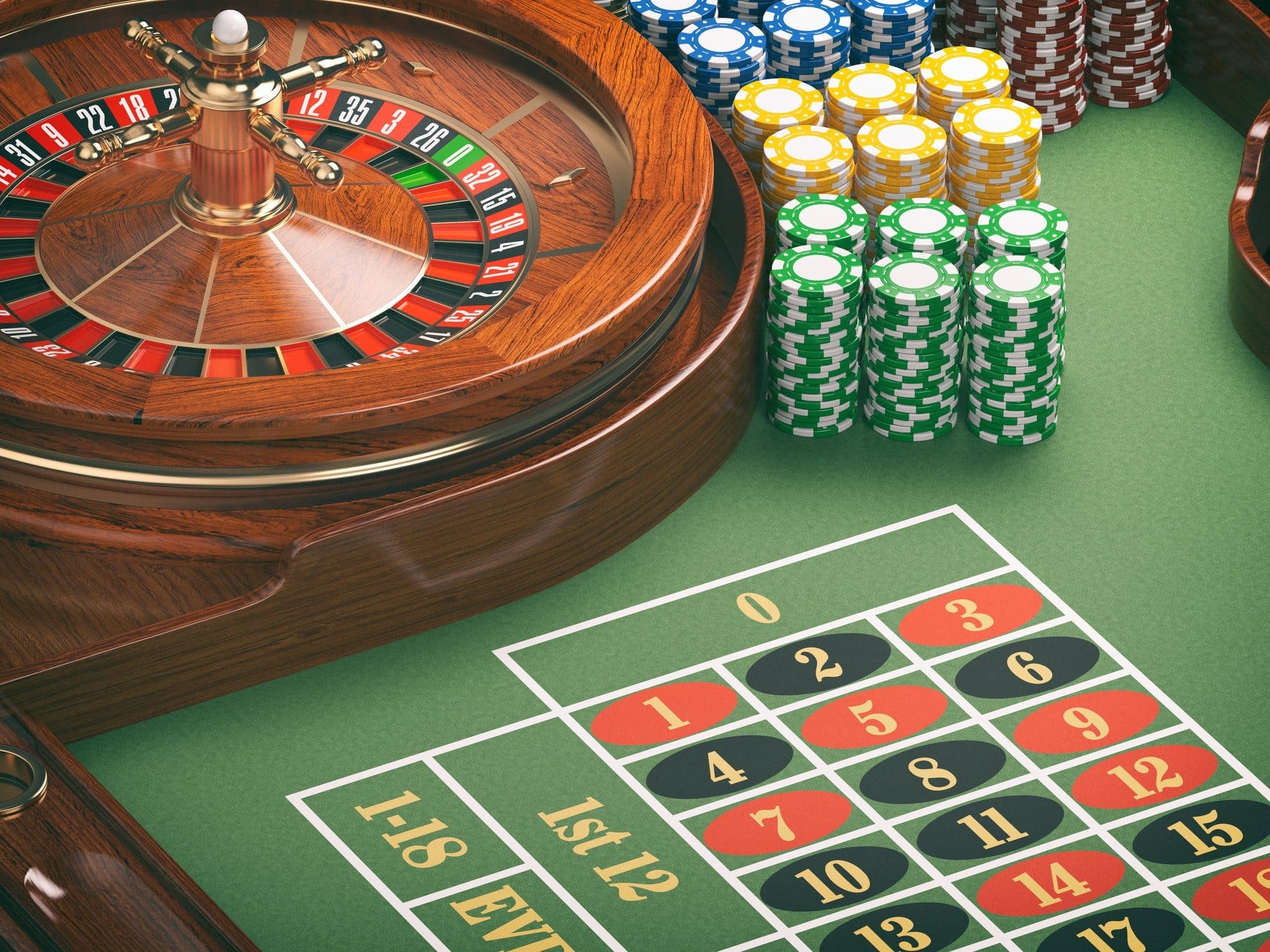Gambling games have long been a significant aspect of human culture, delivering not just entertainment but a captivating reflection of our aspirations, ambitions, and fears. From the turning reels of a slot machine to the skill-based strategies of poker, these games embody a spectrum of human emotions and events. At their core, casino games are not just a chance to make profits; they are a snapshot of life itself, where risk versus reward converge and fortunes can change in an moment.
As players assemble around tables or sit in front of brightly lit machines, they participate in a ceremony that transcends mere playing. These games echo our instinctive desires for connection, adventure, and the search for fortune. They also unveil deeper truths about human nature, such as our relationship with luck and the excitement of the unknown. In exploring casino games, we reveal not only the rules of play but also the complex weave of the human experience, showcasing our intertwining narratives of hope and reality.
The Psychology of Gambling
Gambling is intrinsically connected in the psyche of individuals, appealing to various feelings and desires. The thrill of taking risks is a core aspect that draws players in, be it the excitement of spinning a roulette wheel or the anticipation of drawing a winning card in poker. This adrenaline is frequently likened to other forms of thrill, as the uncertainty of outcomes triggers a distinct psychological response. Players often become captivated by the possibility of striking it rich, leading to an irresistible draw toward casino games.
Additionally, an essential component of the psychology behind gambling is the concept of hope and aspiration. Participants often nourish dreams of financial freedom and the luxurious lifestyle that can follow winning. This hope fuels their ongoing participation in casino games, as it provides a sense of purpose and the belief that a life-changing win could be just one bet away. The story of overcoming odds and finding success resonates with many, strengthening their commitment to play and engage with these games.
Finally, social dynamics play a crucial role in gambling psychology. Gambling venues are designed to promote social interaction, where players gather to share the experience of wins and losses. This shared aspect not only amplifies enjoyment but also influences behavior, as individuals often imitate the actions of others around them. The collective approval found in shared excitement can enhance the emotional experience, making casino games a reflection of not just personal desires but also shared involvement within the gambling community.
### Risk and Reward: A Double-Edged Sword
Gambling games embody the subtle balance between risk and reward that resonates profoundly with the human experience. The thrill of placing a wager is often accompanied by a jolt of energy, as players are confronted with the possibility of winning big, yet conscious of the potential to lose. This twofold experience reflects a essential aspect of life: the decisions we face often come with inherent risks, and the quest for benefit can drive us to make risky moves we might not typically consider. In this way, casino games reflect real-world choices, enticing gamblers to gamble not just their money, but also their dreams.
The allure of big prizes and payouts fuels a feeling of positivity, inspiring players to imagine a brighter future that could emerge from a fortunate turn of the roulette or dealing of a hand. This optimism can drive individuals to engage in more daring actions, urging them to take greater risks in search of financial gain. However, just as in life, the consequences of these risks can lead to both victory and failure. The stories of both big winners and those who have faced losses everything at the tables demonstrate the random nature of chance and its significant impact on our existence.
Ultimately, the experience of engaging with gambling activities serves as a strong reminder of the human condition. Every game played is filled with the tension of ambiguity, as gamblers weigh the rewards against the dangers. This dynamic not only highlights the excitement that comes with gambling but also reveals the weaknesses that come with the desire for more. As we explore the complexities of choice and consequence in both the gambling world and in life, we find that the pursuit of risk and reward shapes our character and experiences in significant manners.
Society and Isolation in Casino Culture
Gambling culture is a distinct mix of communal engagement and personal endeavor, reflecting the contrasts of individual experience. Gamblers often come together around tables, sharing in the excitement of the game, rejoicing in wins, and commiserating over losses. This social aspect is essential, as it creates a sense of belonging and bonding among varied groups of individuals. Regular visitors to gaming establishments may form friendships and establish routines, turning the gambling venue into a alternative home where they feel connected to a larger community of gamblers. hm88.black
However, the appeal of casino activities can also result to isolation. As players become engrossed in the thrill of playing, they may withdraw from personal connections or neglect to engage with the world outside the gaming space. For some, the search of a jackpot can distract from real connections, leading to isolation. The experience of being surrounded others yet feeling solitary is not uncommon, as the attention shifts from collective fun to the individual stakes of each player’s path.
This interplay of society and solitude creates a rich mosaic that defines gaming culture. It showcases the complexity of social interactions, where happiness and despair coexist. Casinos serve as both a refuge for social engagement and a stage for individual struggles, demonstrating how deeply connected our desire for connection and the personal quest for wealth can be. In navigating this landscape, gamblers confront their own stories—seeking both the rush of the wager and the fellowship of fellow gamblers, eventually reflecting the wider spectrum of human experience.

